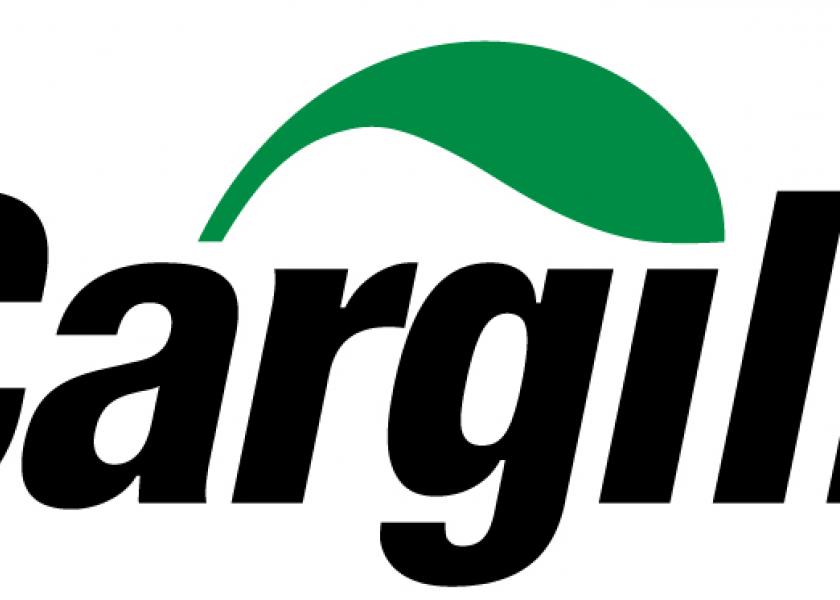Cargill Goes Tech With Plan to Nurture New Wave of Food Startups

(Bloomberg) -- Long synonymous with the buying and selling of U.S. grain, agricultural giant Cargill Inc. is taking a page out of Silicon Valley’s playbook with a startup accelerator that it hopes will identify important new food technologies.
Techstars Farm to Fork Accelerator is a partnership involving Cargill, water and hygiene technology company Ecolab Inc. and venture-capital firm Techstars. The initiative will focus on food security and safety, and will begin accepting applications next month. The first class of 10 startups will go to Cargill’s hometown of Minneapolis next summer and spend 13 weeks building their businesses and raising capital.
“We’re 152 years old and you don’t get that way without the courage to disrupt yourself,” Justin Kershaw, Cargill’s chief information officer, said in a telephone interview. “This is going to be disruptive and we want to be in the mix there and creating the disruption internally and externally.”
Agricultural technology is a burgeoning part of the food and farming industries, as farmers and corporations wrestle with how to feed the world’s growing population in a sustainable way. Early-stage investment in so-called agrifood technology was $4.4 billion in the first half of 2017, up 6 percent from a year earlier, according to AgFunder, a San Francisco-based firm that connects investors with agricultural startups.
Worldwide Interest
For Cargill, the accelerator is another step in its evolution into less traditional and potentially higher-value areas. One of the world’s largest private companies, it has been overhauling its business after posting a rare quarterly loss in 2015.
The accelerator, which will operate for three years, is expecting applicants from around the world, said Brett Brohl, its managing director.
“How do you feed the world in 30 years in a sustainable way?” he said in a telephone interview. “When there’s big problems and there’s big opportunity, entrepreneurs tend to be the one’s that figure out how to solve those problems.”
©2017 Bloomberg L.P.







